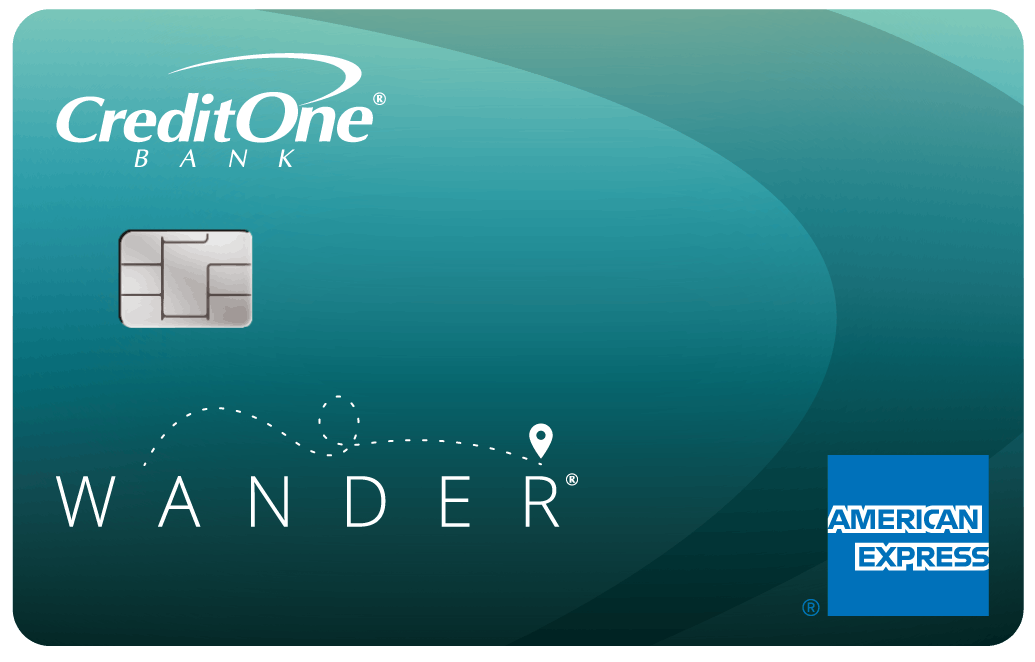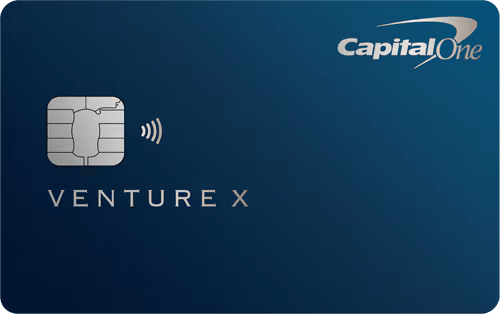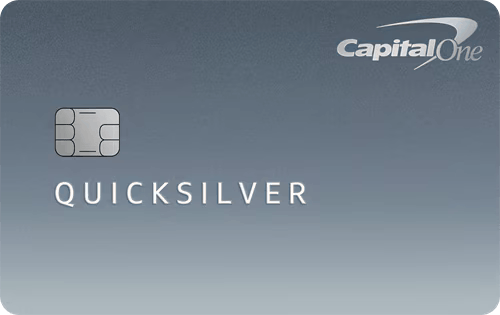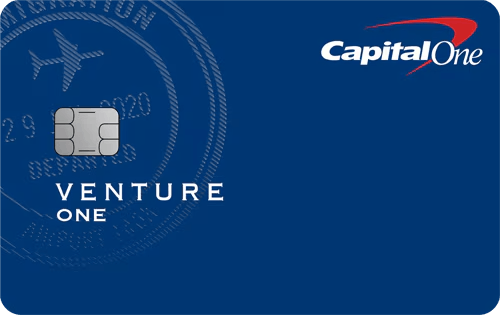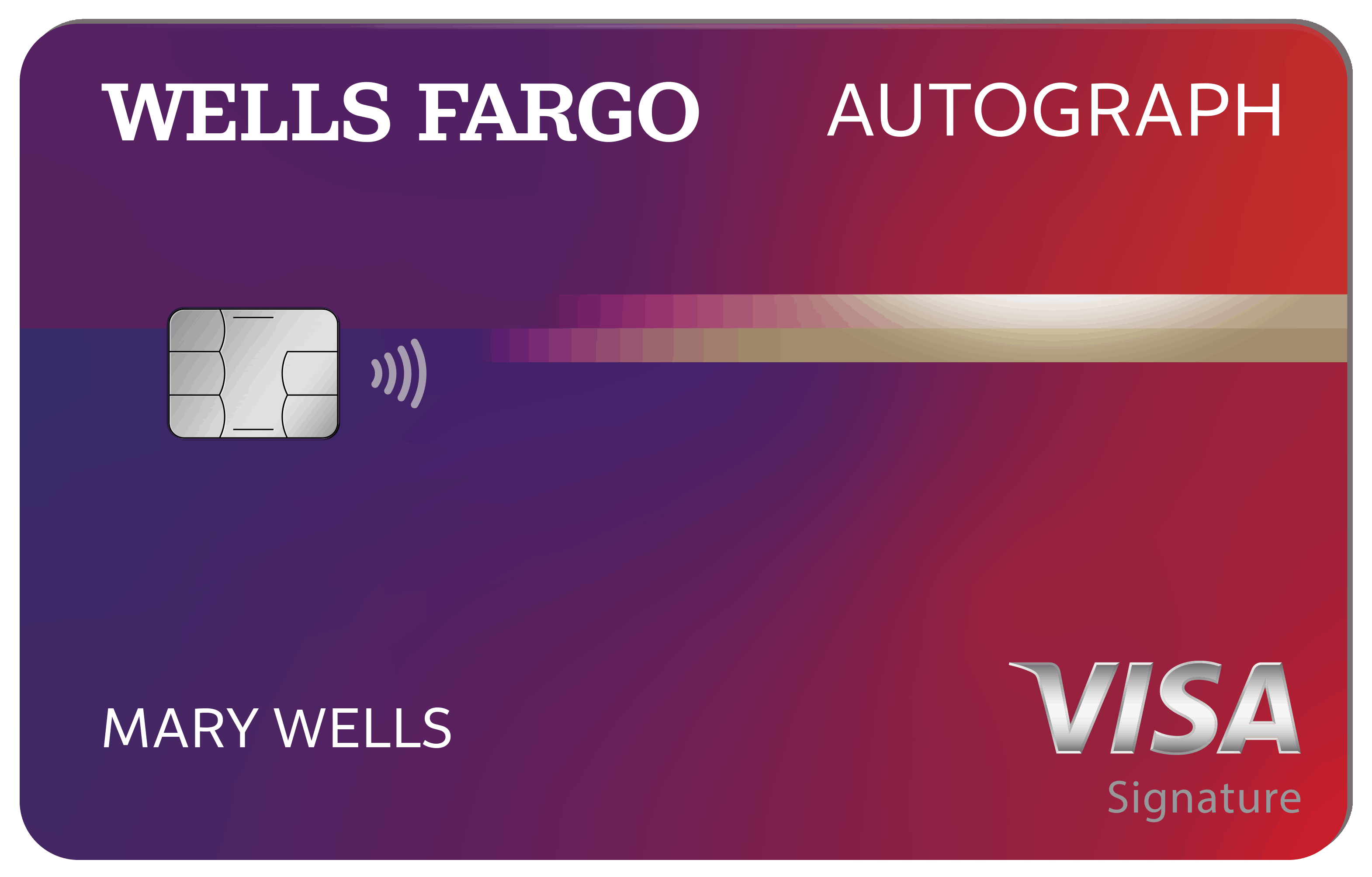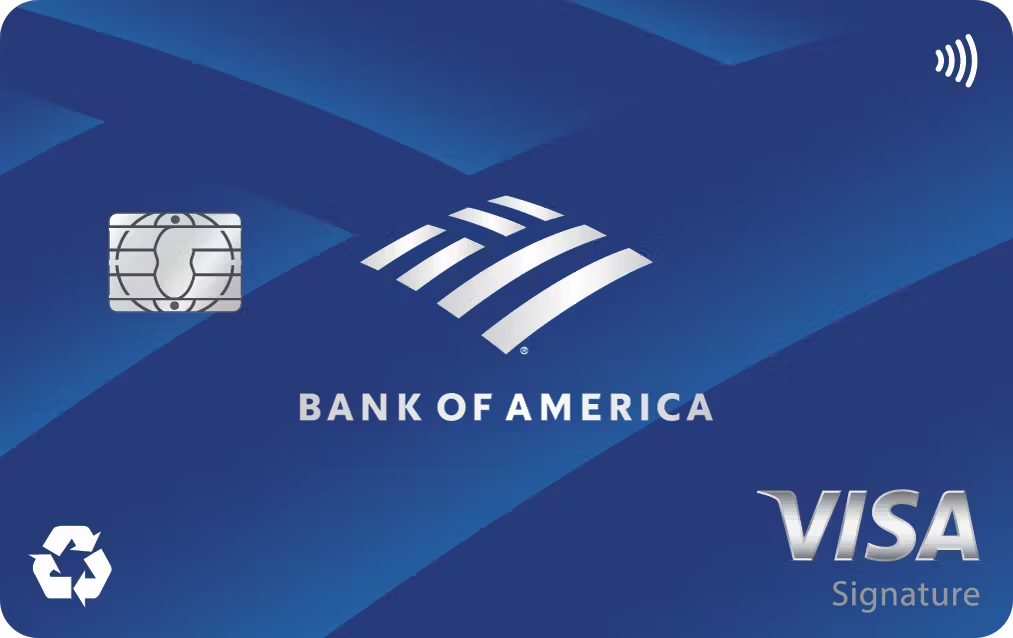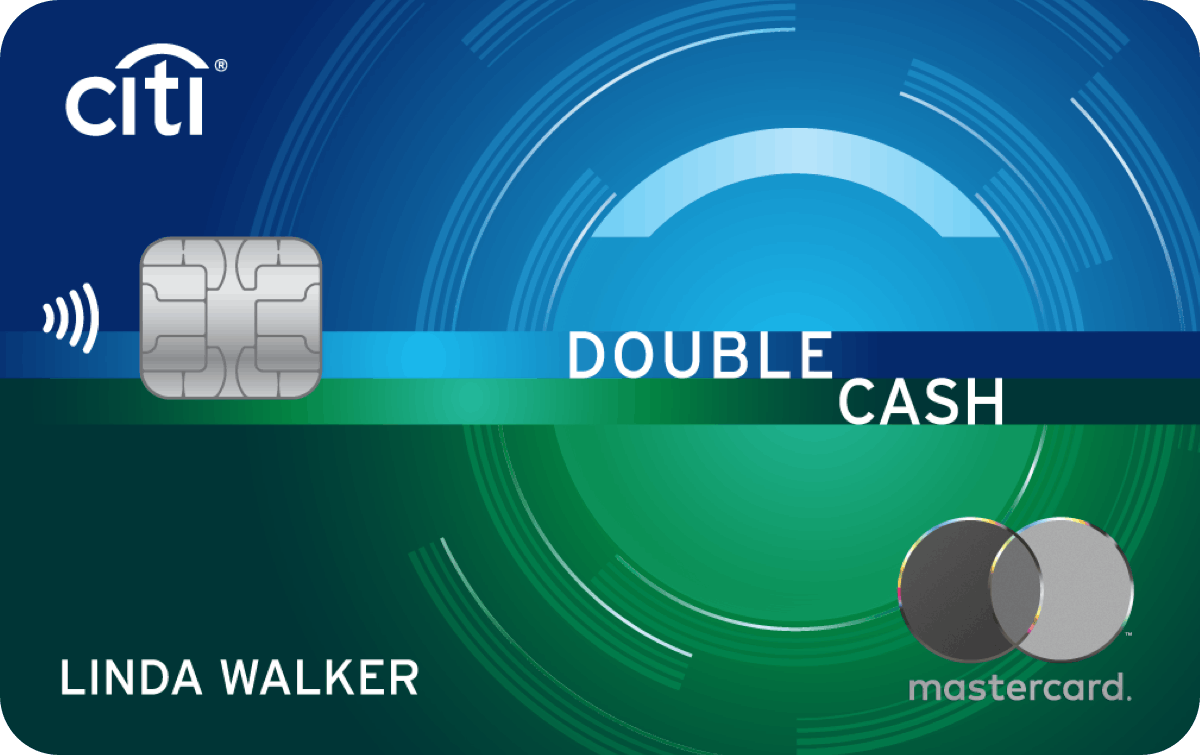Travel credit cards
We think you'll love these cards from our partners.
CK Editors’ Tips††: A great travel credit card comes with great rewards, valuable perks and the opportunity to maximize your value overall.Read more
What to consider when choosing a travel credit card
Travel credit cards can come with high annual fees, but that upfront cost shouldn’t always scare you off. Consider how your spending matches up with a card’s bonus categories, how often you’ll use the card’s perks and how often you’re likely to redeem your points for travel. In many cases, getting a card with a higher annual fee can be the smarter financial decision.
Travel credit cards can come with high annual fees, but that upfront cost shouldn’t always scare you off. Consider how your spending matches up with a card’s bonus categories, how often you’ll use the card’s perks and how often you’re likely to redeem your points for travel. In many cases, getting a card with a higher annual fee can be the smarter financial decision.
How we picked the best travel credit cards
The best travel credit cards offer clear value for your spending, whether via rewards or perks. We looked at bonus rates, perks and the overall value of each rewards program to determine which cards offer the most features for the annual fee. Read more about our methodology for picking the best credit cards.
Jump to editors’ picksThe best travel credit cards offer clear value for your spending, whether via rewards or perks. We looked at bonus rates, perks and the overall value of each rewards program to determine which cards offer the most features for the annual fee. Read more about our methodology for picking the best credit cards.
Great for high flat-rate travel rewards††
Great for high flat-rate travel rewards††
Capital One Venture Rewards Credit Card
Rewards rate
2x - 5xMiles per dollarAnnual fee
$95Welcome bonus
75,000MilesEditors' bonus estimate
$915
Rewards rate
2x - 5x Miles per dollar
Annual fee
$95
Welcome bonus
75,000 Miles
Editors' bonus estimate
$915
- Enjoy $250 to use on Capital One Travel in your first cardholder year, plus earn 75,000 bonus miles once you spend $4,000 on purchases within the first 3 months from account opening - that’s equal to $1,000 in travel
- Earn unlimited 2X miles on every purchase, every day
Great for high flat-rate cash back††
Great for high flat-rate cash back††
Wells Fargo Active Cash® Card
Rewards rate
2%Cash backAnnual fee
$0Welcome bonus
$200
Rewards rate
2% Cash back
Annual fee
$0
Welcome bonus
$200
- Approval odds are statements made by Credit Karma and may not reflect Wells Fargo’s underwriting criteria
- Select "Continue" to take advantage of this offer and learn more about product features, terms and conditions.
Great for flexible redemptions††
Great for flexible redemptions††
Credit One Bank® Wander® American Express® with Dining, Gas & Travel Rewards
Rewards rate
1x - 10xPoints per dollarAnnual fee
$95
Rewards rate
1x - 10x Points per dollar
Annual fee
$95
- 5X points on eligible dining, gas, and travel purchases
- 1X points on all other purchases
Great for practical premium perks††
Great for practical premium perks††
Capital One Venture X Rewards Credit Card
Rewards rate
2x - 10xMiles per dollarAnnual fee
$395Welcome bonus
75,000MilesEditors' bonus estimate
$915
Rewards rate
2x - 10x Miles per dollar
Annual fee
$395
Welcome bonus
75,000 Miles
Editors' bonus estimate
$915
- Earn 75,000 bonus miles when you spend $4,000 on purchases in the first 3 months from account opening, equal to $750 in travel
- Receive a $300 annual credit for bookings through Capital One Travel, where you'll get Capital One's best prices on thousands of trip options
Great for simple cash back††
Great for simple cash back††
Capital One Quicksilver Cash Rewards Credit Card
Rewards rate
1.5% - 5%Cash backAnnual fee
$0Welcome bonus
$200
Rewards rate
1.5% - 5% Cash back
Annual fee
$0
Welcome bonus
$200
- 0% intro APR on purchases and balance transfers for 15 months; 19.24% - 29.24% variable APR after that; balance transfer fee applies, 3% fee on the amounts transferred within the first 15 months, 4% at a promotional APR that Capital One may offer you at any other time
- Earn a one-time $200 cash bonus after you spend $500 on purchases within 3 months from account opening
100K BONUS POINTS
Great for maximizing travel rewards††
Great for maximizing travel rewards††
Chase Sapphire Preferred® Card
Rewards rate
1x - 5xPoints per dollarAnnual fee
$95Welcome bonus
100,000PointsEditors' bonus estimate
$1,390
Rewards rate
1x - 5x Points per dollar
Annual fee
$95
Welcome bonus
100,000 Points
Editors' bonus estimate
$1,390
- Earn 100,000 bonus points after you spend $5,000 on purchases in the first 3 months from account opening.
- Enjoy benefits such as 5x on travel purchased through Chase Travel℠, 3x on dining, select streaming services and online groceries, 2x on all other travel purchases, 1x on all other purchases, $50 Annual Chase Travel Hotel Credit, plus more.
Great for travel rewards with no annual fee††
Great for travel rewards with no annual fee††
Capital One VentureOne Rewards for Good Credit
Rewards rate
1.25x - 5xMiles per dollarAnnual fee
$0
Rewards rate
1.25x - 5x Miles per dollar
Annual fee
$0
- $0 annual fee and no foreign transaction fees
- Earn 1.25X miles on every purchase, every day
Great for rewards on everyday spending††
Great for rewards on everyday spending††
Wells Fargo Autograph® Card
Rewards rate
1x - 3xPoints per dollarAnnual fee
$0Welcome bonus
20,000PointsEditors' bonus estimate
$200
Rewards rate
1x - 3x Points per dollar
Annual fee
$0
Welcome bonus
20,000 Points
Editors' bonus estimate
$200
- Approval odds are statements made by Credit Karma and may not reflect Wells Fargo's underwriting criteria.
- Select "Continue" to take advantage of this offer and learn more about product features, terms and conditions.
Great for travel rewards with no annual fee††
Great for travel rewards with no annual fee††
Bank of America® Travel Rewards credit card
Rewards rate
1.5x - 3xPoints per dollarAnnual fee
$0Welcome bonus
25,000PointsEditors' bonus estimate
$250
Rewards rate
1.5x - 3x Points per dollar
Annual fee
$0
Welcome bonus
25,000 Points
Editors' bonus estimate
$250
- 25,000 online bonus points after you make at least $1,000 in purchases in the first 90 days of account opening - that can be a $250 statement credit toward travel purchases.
- Earn unlimited 1.5 points per $1 spent on all purchases, with no annual fee and no foreign transaction fees and your points don't expire as long as your account remains open.
Great for high flat-rate cash back††
Great for high flat-rate cash back††
Citi Double Cash® Card
Rewards rate
1% - 5%Cash backAnnual fee
$0Welcome bonus
$200
Rewards rate
1% - 5% Cash back
Annual fee
$0
Welcome bonus
$200
- Earn $200 cash back after you spend $1,500 on purchases in the first 6 months of account opening. This bonus offer will be fulfilled as 20,000 ThankYou® Points, which can be redeemed for $200 cash back.
- Earn 2% on every purchase with unlimited 1% cash back when you buy, plus an additional 1% as you pay for those purchases. To earn cash back, pay at least the minimum due on time. Plus, a special travel offer, earn 5% total cash back on hotel, car rentals and attractions booked on the Citi Travel℠ portal through 12/31/25.
More cards by category
Shop all cardsMore ways to browse cards
†† The opinions you read here come from our editorial team. Intuit Credit Karma receives compensation from third-party advertisers, but that doesn’t affect our editors' opinions. Our marketing partners don’t review, approve or endorse our editorial content. It’s accurate to the best of our knowledge when it’s posted.


